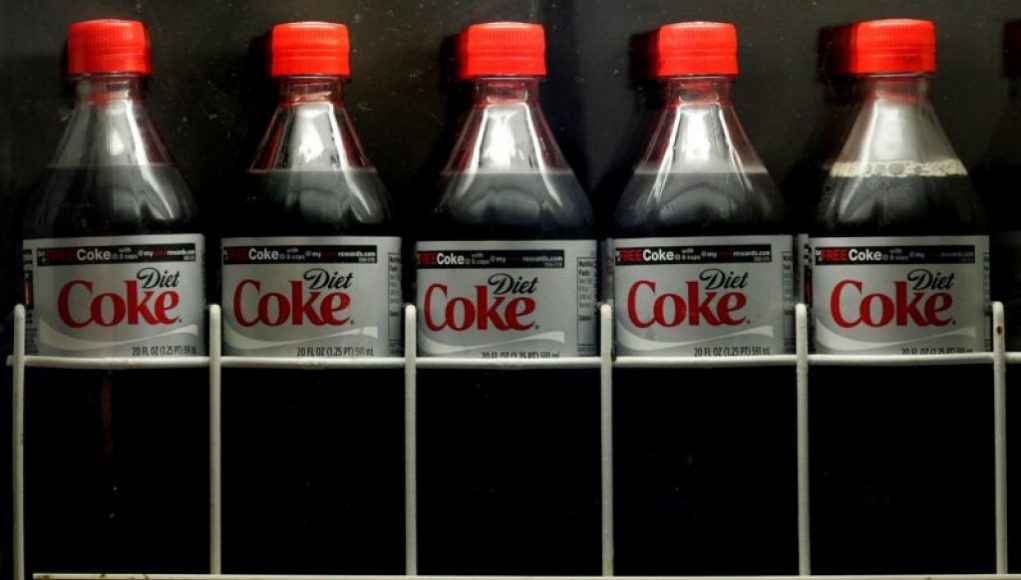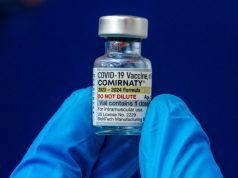The World Health Organization’s cancer agency recently released an assessment on the artificial sweetener aspartame, suggesting that it could possibly cause liver cancer. This news may have caused some concern, but let’s take a closer look at the facts before we panic and give up our favorite diet drinks and snacks.
The concern stems from the World Health Organization’s cancer agency, the International Agency for Research on Cancer (IARC), labeling aspartame as “possibly carcinogenic to humans.” This falls under the Group 2B classification, which means there is limited evidence to support the claim. It’s important to note that this is the first time the IARC has evaluated aspartame, and it’s meant to encourage further research rather than definitively prove a link to cancer.
It’s also worth mentioning that the Joint Expert Committee on Food Additives (JECFA), a separate committee for food additives, conducted its own evaluation of aspartame. They found no convincing evidence linking aspartame to any type of cancer, including liver cancer. JECFA concluded that it is safe to consume aspartame within the established daily limit, which is set at 0–40 mg/kg body weight.
Both the IARC and JECFA based their assessments on the same limited body of data. Animal studies have shown some potential links between aspartame and cancer, but both groups questioned the reliability of these studies. The IARC expressed concerns over the study design and interpretation, while JECFA noted that the studies lacked proper controls and adjustments. JECFA also dismissed the idea that aspartame could cause oxidative stress, as toxicity studies have not supported this claim.
The main discrepancy between the two groups lies in three large cancer studies conducted on humans. The IARC interpreted these studies as showing a positive association between aspartame and liver cancer risk, while JECFA found them to be inconclusive.
In conclusion, while the IARC’s assessment may raise some concerns, it’s important to consider the limited evidence and the conflicting conclusions from other reputable organizations. As of now, it is still considered safe to consume aspartame within the recommended daily limit. So, before we give up our favorite diet sodas, let’s take a moment to breathe and evaluate the information.
Aspartame is a commonly used artificial sweetener used in food and drinks, and has long been the subject of debate in terms of its effects on health. It is especially controversial as many people are concerned about the possible link between aspartame and cancer. However, numerous studies have shown that there is no scientific evidence to support a link between aspartame and any form of cancer.
The possible link between aspartame and cancer arises from a laboratory study in which rats were fed large amounts of aspartame and showed an increased cancer risk. However, subsequent animal studies have failed to replicate these findings and no study involving humans has confirmed a link between aspartame and cancer.
Furthermore, various health organisations have voiced their support for the safety of aspartame. For example, the U.S. Food and Drug Administration (FDA) has approved its use as a safe and effective food additive. It has also been approved by the World Health Organisation and the European Food Safety Authority.
The risks associated with aspartame are generally linked to its use as an excessive sweetener. Consuming large amounts of aspartame can lead to adverse reactions, such as headaches and dizziness. It may also contribute to changes in cognitive performance and behavioural issues in children. Therefore, it is important to note that although aspartame is generally considered safe to consume when consumed in moderation.
In conclusion, there is no scientific evidence to confirm a link between aspartame and cancer, and the FDA has determined it to be a safe and effective food additive when consumed in moderation. Therefore, aspartame does not pose any significant health risks and people should not be too concerned about it.




















![Namibian Fairy Circle Debate Intensifies: Sand Termites or Turing Mechanism? [Updated] Namibian Fairy Circle Debate Intensifies: Sand Termites or Turing Mechanism? [Updated]](http://neuralnation.net/wp-content/uploads/2023/07/2941-fairyTOP-800x529-100x75.jpg)